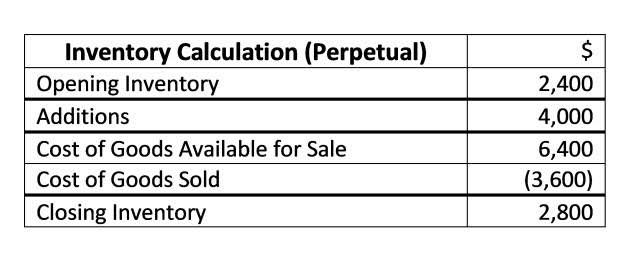
The notice is not required at drive-through teller windows or at night depository locations, but it is required at all automated teller machines. If you don’t have any luck contacting the check issuer, consider working with your bank. Some banks may deposit checks if they have reason to believe that the issuer is legitimate, and the company has enough funds in its account to cover the check. So in summary, banks are not obligated to honor outstanding checks older than six months, although they can potentially do so.
Unclaimed property and escheatment laws
Verification should be done each time your institution’s funds availability practices are changed. Remember, while you are confirming that your disclosure statements stale dated checks procedure match your practices, you should also verify that your practices conform to the regulation. So let’s say that as a business owner, you wrote a check to a vendor.
How We Found a Fresh Approach to Handling Stale Checks
A stop payment informs your bank that you do not want the check cashed. A stop order prevents the other business owner from cashing both the original and new checks. Make sure to review your bank statement to ensure no checks you’ve written go stale. If a check you wrote is approaching the six-month mark but still hasn’t been cashed, you’ll be able to spot it so that you can get in touch with the recipient.
Trust account exception
- While check usage continues to drop around 4% each year, the risk of check fraud remains at an all-time high.
- Your first step should be to use an accounting system that deducts any uncashed checks from your available funds.
- The State law only requires letters to be sent for checks issued for $75.00 or more.
- The first thing you should do after depositing a bad check is contact the person who wrote the check.
- Every state in the United States has what are called escheatment laws that require a business to hand over unclaimed property after a specific period.
The notice must specifically state the availability periods for the various types of deposits that may be made to consumer accounts. The notice need not be posted at each teller window, but it must be posted in a place where consumers seeking to make deposits are likely to see it before making their deposits. For example, the notice might be posted at the point where the line forms for teller service in the lobby.
FinCEN notice to financial institution customers
A check is usually payable at the time it is negotiated or presented to a bank for deposit or cash. However, a person may no longer be able to deposit or cash a check after it has become stale. Fortunately, banks don’t have a legal obligation to honor checks written more than six months in the past. If the old check isn’t six months old, or if you want an extra layer of protection, two strategies can protect you. The receiver (drawee) cannot cash the check from the bank as the issuer already mention the effective date.

- First, determine if it is a live check or not (such as an automatic withdrawal or credit card charge).
- For example, if the $100 supplies check is subject to unclaimed property laws, you would debit the unclaimed property liability account for $100 and credit supplies expense for $100.
- Unclear check should be recorded in a separate account (Uncleared Check) in the balance sheet so that it will alert staff every month end.
- If the old check isn’t six months old, or if you want an extra layer of protection, two strategies can protect you.
- If the signature isn’t legible, ask the customer to print their name on the check as well.
- We can cancel the check by issuing the stop payment notice to the bank to prevent any cash out on the old one.
Businesses that mishandle these kinds of accounting situations are effectively in violation of the law. Stephen is the Payment Modification Manager at Corpay, a FLEETCOR company. He has over nine years of experience in the B2B payment industry, specializing in payment resolution processes. BankersOnline is a free service made possible by the generous support of our advertisers and sponsors.
- They may lose or misplace the check and just found it and wish to claim the cash.
- If someone tries to cash an old check from your account, your bank might deduct the funds, even if you don’t have enough.
- The standard period is usually 180 days, i.e., 6 months, from the date on which the check is issued.
- In basic terms, a check becomes stale if it has been in one’s possession for 180 days or more and has not been cashed or deposited.
- Generally speaking, banks or other financial institutions have the right to refuse or reject a stale check.
- After that, there are a few more steps you can take to track down an old check.



